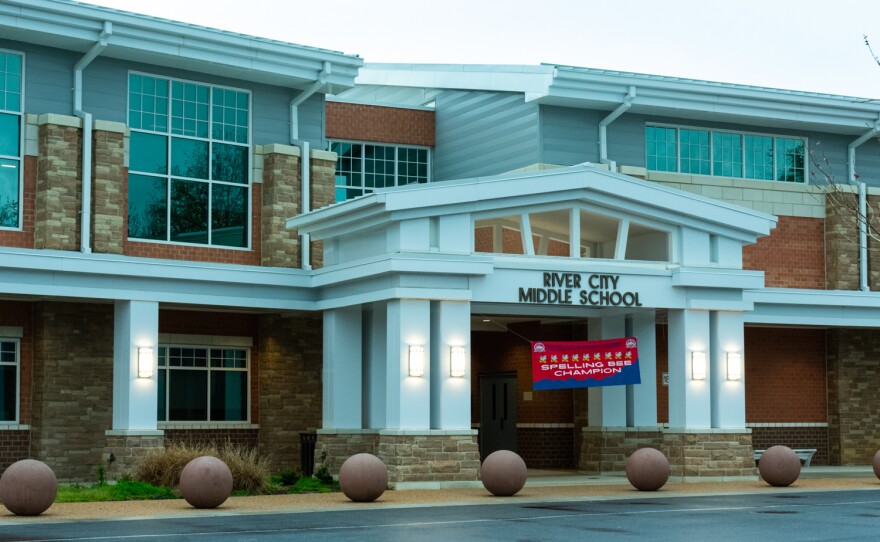When shootings affect Richmond Public Schools students, the district reaches out to provide resources and support.
Angela Jones is the division's director of culture, climate and student services. As part of our 2022 summer series Another Way, VPM News reporter Megan Pauly spoke with Jones about how the district responds to these events.
Pauly: What are the district's protocols for when a student is killed?
Jones: We start by just taking a pause to gather the information ourselves and process it. We always kind of take a moment to let out a little expression, because it's hard to hear this. And then we start with checking in with administrators and the school team. And we just do a real baseline assessment, we start by making sure that the mental health team has checked in with staff. Have we communicated with staff, so when they are coming in, they're even aware?
We try to give them some language to share with children if children bring it to them. Because many of our kids don't necessarily want to talk to me, they don't know who I am. Kids go to who they know and who they trust, which is typically their classroom teacher. So we try to make sure they are equipped with good information.
And then make sure we have extra supports in the building. We always have a designated area that, sadly, is determined at the beginning of the school year so we know when we have a crisis, this section of the media center is going to be used for our crisis response, kids can funnel in and out, teachers know to send kids if they need some place just to process.
And how do you train teachers to respond to students after these losses?
That's a good question. I don't know that we train teachers to respond as opposed to giving them some language they can use, make sure they have the facts, and make sure that they know that they are supported and know where they can send children for support. What we don't want people to do is feel like they have to be the grief counselor.
What's the language that you share with teachers of, the ‘this is what you can say in these situations’?
We always start with being honest. You know, I'm speaking from facts. So when we have confirmed information, “There was a terrible community event last night, I know many of you all have heard about it. And in that event, we've lost a student, a friend of ours, I know this is really tough. It's very difficult. Many of you have lost others. You don't exactly know how to feel. And we just want to let you all know that we're here with you.”
And then explaining what resources we have available.
I know that experiencing or witnessing gun violence can be really traumatic for students. How have you seen this trauma show up at school?
Gun violence impacts our children in a myriad of ways. We were traditionally trained to see the grieving, emotive child that's just crying. Our reality is: That's not what we see every day with children — or even all of our adults — who are impacted by this level of community violence. We are actually checking other things now, like: How many kids ate lunch today? Because sometimes they withdraw from that. One of the things that we see the most, currently, is anger. Children just not understanding the why and then wanting to get back. They want to get back at somebody, make somebody pay for this pain that they're experiencing.
There is almost what appears to be a numbing effect. Or, “Oh, you know, this is what happens in our community.” I caution people not to get comfortable in saying that “this is normal,” and that “this is just what our kids do now.” Because it's not.
A variety of resources and guides are available to people who have experienced a death in their family or community due to gun violence. There are also numerous programs in the Richmond region that aim to prevent students and young people from becoming involved with guns.



